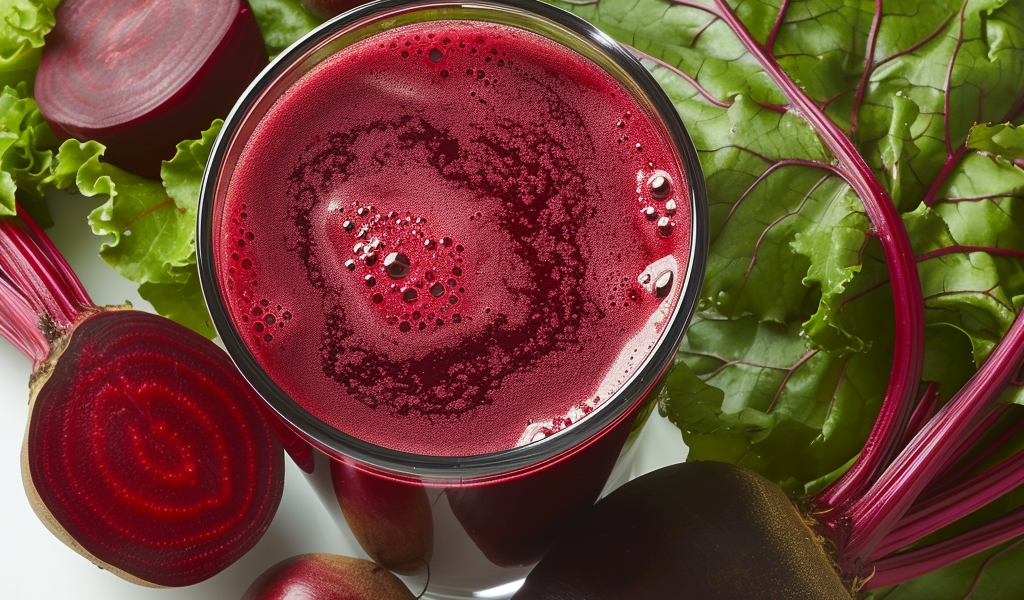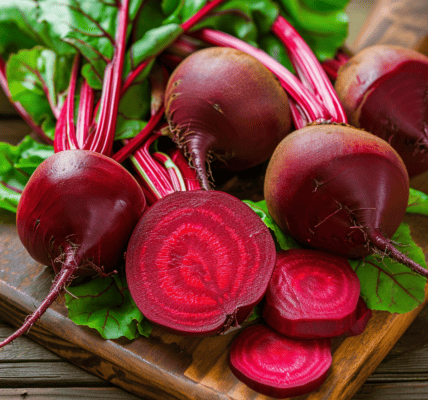Beet juice has been gaining popularity for its numerous health benefits, some of which may surprise you. Known for its ability to lower blood pressure and reduce inflammation, this sweet juice is also packed with fiber and promotes the growth of healthy bacteria in the gut.
One of the lesser-known benefits of beet juice is its potential to improve stamina. A 2017 study found that long-term consumption of beet juice may enhance performance, cardiorespiratory performance, and increase the time to reach exhaustion. However, it’s important to note that combining beet juice with caffeine can reduce these benefits.
Another significant advantage of beet juice is its ability to help prevent anemia. Rich in iron, an essential component of red blood cells, beet juice can support the body in maintaining healthy levels of red blood cells and combat anemia-related symptoms.
Furthermore, beet juice has been linked to supporting cognitive health by increasing blood flow to the brain, which may help in staving off Alzheimer’s and fighting the progression of dementia and other cognitive conditions.
Additionally, beet juice is a great source of minerals such as potassium, iron, magnesium, manganese, sodium, zinc, copper, and selenium, along with nitrates. These minerals play essential roles in supporting nerve and muscle function and overall health.
While the benefits of beet juice are significant, it’s essential to be aware of potential side effects. Individuals on blood pressure medication should consult with a doctor before consuming beet juice, as it may interact with their medication. Additionally, the high levels of oxalates in beet juice can contribute to the formation of kidney stones.





